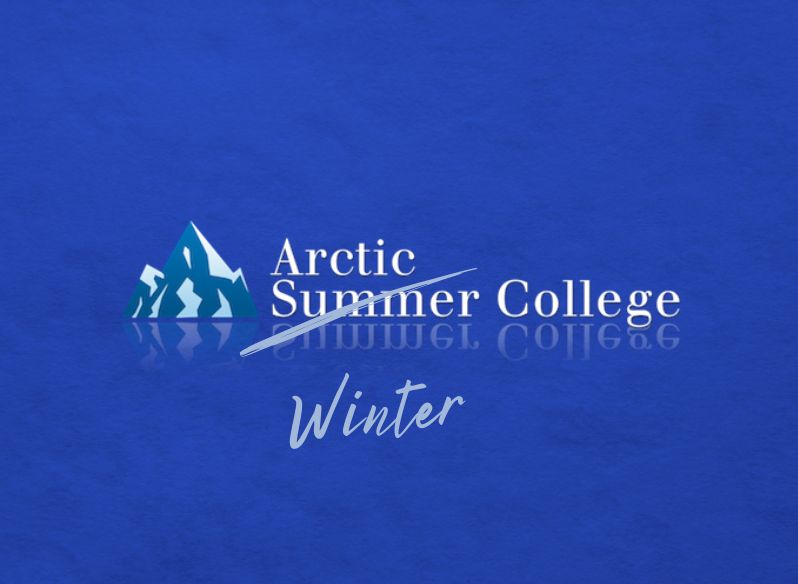
Ecologic Institute Launches the 2012 Arctic Summer College
- Event
- Date
-
-
- Location
- Berlin, Germany
Ecologic Institute is proud to be launching its 2012 Arctic Summer College, a virtual course and network aiming to strengthen Arctic communication and build a lasting, policy-oriented network of Arctic professionals. Policy briefs and videos of speaker presentations will be made publicly available on the Arctic Summer College website following each weekly seminar.
The Arctic region is a unique place at a unique moment in time; unlike other regions of the world, there is an opportunity to set a new course for expanding natural resource development and establish a model of sustainability for the global community. Despite mounting evidence of threats to the Arctic’s fragile marine, terrestrial and freshwater ecosystems, environmental issues are being side-lined in Arctic policy debates and new thinking and increased awareness are needed to help decision-makers put strong measures in place to prevent accidents and large-scale environmental degradation in the Arctic region.
In recognition of these needs, Ecologic Institute is hosting the Arctic Summer College and bringing together a network of emerging Arctic leaders to share and discuss ideas. Fellows were selected to participate in the Summer College through a competitive process. The 2012 Arctic Summer College Fellows represent an impressive group of professionals working in policy, academia, government, scientific research, journalism and the private sector. Participants from each year are encouraged to continue relationships with one another, as well as with participants from subsequent and earlier years. The network of will grow each year into an Arctic College community, and strengthen communication between peoples and nations, scientific disciplines, policy areas, and across the science-policy interface.
Weekly seminars held from 9 July until 4 September will focus on key Arctic thematic areas including environmental management, the marine environment, the human dimension, energy and resources, fisheries, transport, and diplomacy and governance. The discussions will be led by expert speakers from Arctic institutions such as UNEP-Grid/Arendal, European Environment Agency, the University of Alaska, Center for Strategic and International Studies (CSIS) and the Arctic Indigenous Peoples’ Secretariat. Results of the discussions will be shared with a wider audience and targeted towards decision-makers in Arctic and non-Arctic countries.





